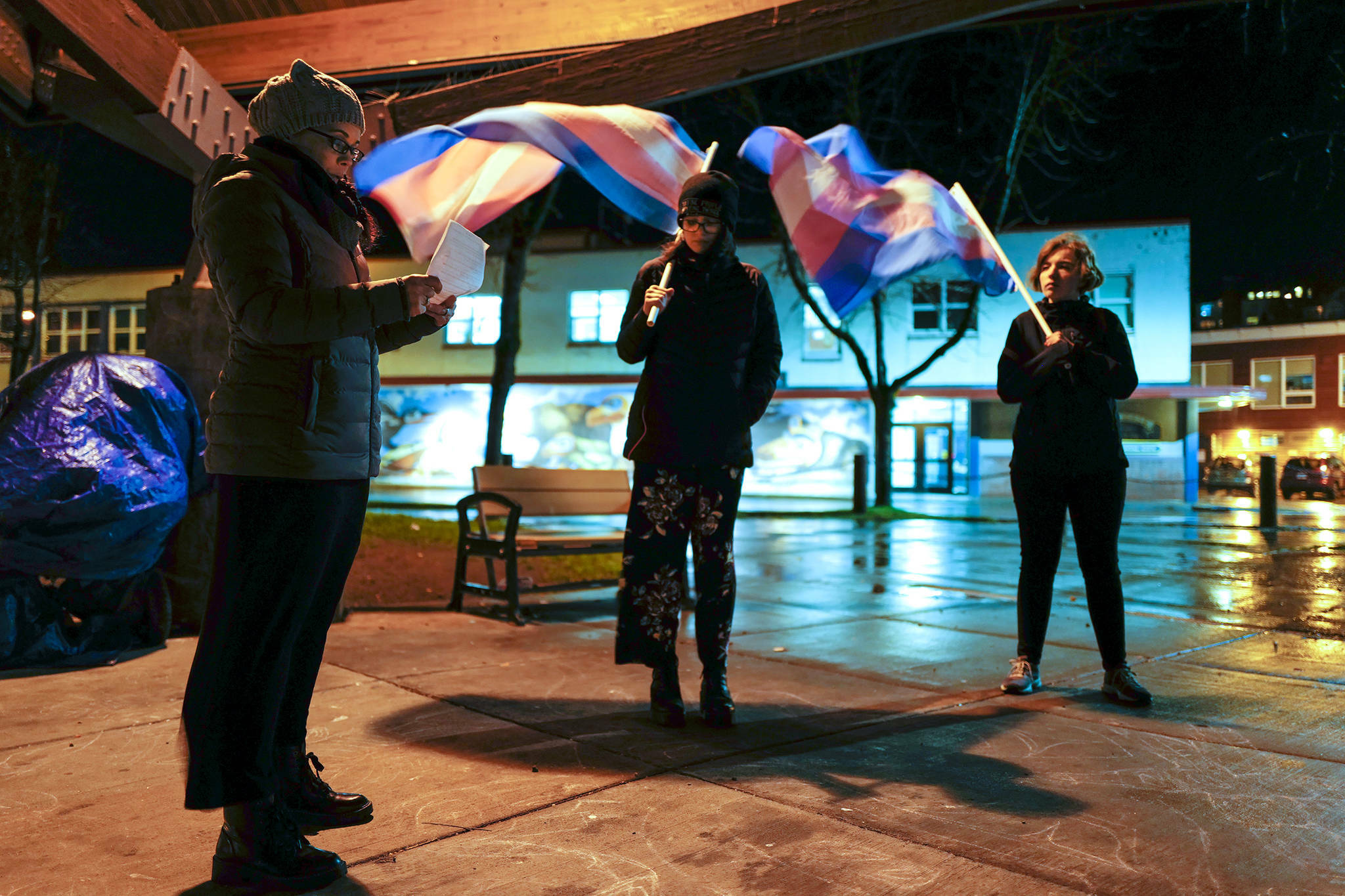There are three bills related to transgender issues in public schools that are working their way through the state House. It’s an understatement to say they’re contentious. And as with any debate over a complex subject this one shouldn’t be reduced to the common binaries of good and bad.
For my part, I’m going to venture into what journalist Jesse Signal describes as “an absolute minefield” by trying to bring attention to a report that some of America’s major media outlets chose to ignore.
Signal’s piece, titled “The Cass Review Won’t Fade Away” was published in The Dispatch on Monday. I was drawn to it after reading an earlier article in The Atlantic by British journalist Helen Lewis.
“In a world without partisan politics,” she wrote, “the Cass report on youth gender medicine would prompt serious reflection from American trans-rights activists, their supporters in the media, and the doctors and institutions offering hormonal and surgical treatments to minors.”
The implication in her opening paragraph is that parts of the media weren’t interested in seriously examining what appears to be a very important and detailed study about transgender medical treatment. She’s right. As Singal pointed out, it wasn’t covered at all by CNN, NPR and several other major outlets.
The Cass Review, as it’s formerly called, was commissioned by the English National Health Service. It placed Dr. Hilary Cass, a former president of the Royal College of Paediatrics and Child Health, at its helm. The 388-page final report was published April 10. Lewis referred to it as “the most thorough consideration yet of this field.”
If that’s true, then it was irresponsible journalism not to cover the story.
Singal and Lewis began writing about trans issues years ago. Their interests are well aligned with the objective Cass described in the forward to her report.
“It is about what the healthcare approach should be, and how best to help the growing number of children and young people who are looking for support from the NHS in relation to their gender identity.”
But to trans-rights activist groups, she crossed the line by, among other things, stating the long-term outcomes of interventions for gender-related distress is “an area of remarkably weak evidence.”
She expected the criticism. And probably the “pretty vile emails” that arrived after the report was published. It’s one of the few “areas of healthcare where professionals are so afraid to openly discuss their views,” she wrote, because they’ll be “vilified on social media” where name-calling echoes the worst bullying behaviour.”
That toxicity has also impacted journalists who, as Signal wrote, try “to write about this issue in a journalistic rather than a cheerleading way.”
For years Lewis advocated for trans rights and equality. Then after raising concerns related to transgender accommodations at domestic violence shelters she was labeled a “transphobe.”
The Gay & Lesbian Alliance Against Defamation (GLADD) accused Signal of using his journalist platform “to spread misinformation and harm LGBTQ people.” They highlighted an earlier Atlantic cover story he wrote that focused on a “small but vocal group of men and women who have transitioned, only to return to their assigned sex,” and complained he privileged their stories over others by not including “a single happy, well-adjusted trans teen among its host of central characters for the first 9,000-plus words.”
That’s a curious argument coming from an organization that’s defending an obvious minority population. What Signal did is give the minority within that minority a voice they too deserve.
But there’s a strategy to discrediting the messenger. It’s intended to discourage debate.
As is demanding that writers “Stop questioning science that is SETTLED.”
That’s exactly what GLADD did two months ago in an open letter to the New York Times. It was signed by Alaskans Together For Equality and dozens of others who believe the Times’ coverage of transgender people is irresponsibly biased.
The Cass Review says the science is far from settled. The Atlantic and New York Times were right to cover it. The rest of the news media should have too.
With three bills up for debate, our legislators can’t avoid the issue. What they should do is pick up the report. They’ll learn a lot more from an in-depth study by healthcare professionals than the activist groups in either corner claiming they have all the answers.
• Rich Moniak is a Juneau resident and retired civil engineer with more than 25 years of experience working in the public sector. Columns, My Turns and Letters to the Editor represent the view of the author, not the view of the Juneau Empire. Have something to say? Here’s how to submit a My Turn or letter.

